Although henever attended kindergarten or preschool himself, Ali Formen experienced through his grandfather how learning from a kind role model can benefit a child’s life forever.
The lecturer at the State University of Semarang (UNNES) remembers how his grandfather, a respected local preacher, was unwavering in his patience with children who came to study the Koran, even those who were mischievous.
His grandfather’s tender guidance steered him towards studying Education Psychology and Counselling at the State University of Yogyakarta.
Upon completing his bachelor’s degree, Ali was named a lecturer at UNNES in 2004. The following year, it became a requirement for lecturers to have a master’s degree, which spurred his interest in pursuing further study. However, his decision to study in Australia was set in motion years before.
As an undergraduate student, Ali had met Australian early childhood experts, professors Fred and Marjory Ebbeck, who had visited Central Java to deliver workshops. While helping the organisers, Ali had been in charge of photocopying the presentation materials.
'I secretly studied early childhood development and education from the remaining copies,’ Ali recalled. ‘Unintentionally, the material I collected … would become an invaluable treasure for the early years of my teaching career in university.’
In 2006, Ali was awarded an Australia Awards Scholarship to study a Masters in Early Childhood Education at Monash University, and memories of the Ebbecks’ lectures came flooding back.
‘I knew I had fallen in love with Australia long before I saw it, long before I breathed its fresh air,’ he said.
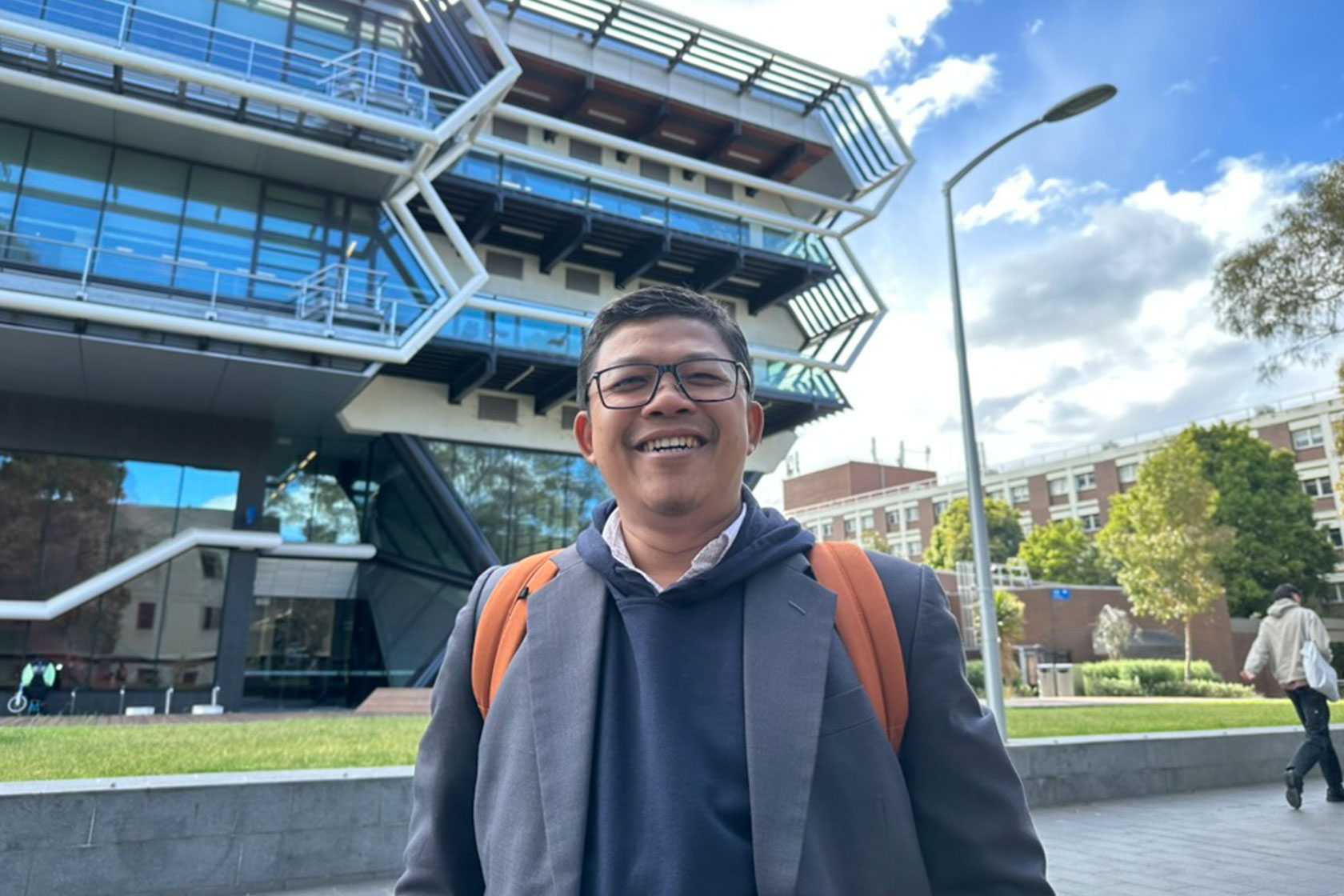
Observing Australian Early Childhood Educators
While studying in Australia, Ali was particularly struck by the localised nature of the early childhood curriculum, a stark contrast to that in Indonesia. Australian teachers, he observed, enjoyed significant freedom in designing their classrooms and teaching programs.
'The curriculum in Indonesia was designed by the central government, in a very top-down style,’ he said.
The most influential subject he studied at Monash was Ethics and Politics in Childhood Education, which prompted him to critically examine his own assumptions, values and philosophies regarding early childhood education and to rethink established practices and beliefs.
After graduating in 2008, Ali returned to his teaching post at UNNES. He immersed himself in work to enhance the qualifications of early childhood educators in Central Java. In collaboration with the Central Java government, he developed training programs for non-qualified teachers, preparing them to pursue bachelor’s degrees.
'I want the public to understand that a lack of qualifications is not an obstacle to becoming a good educator,’ he said.
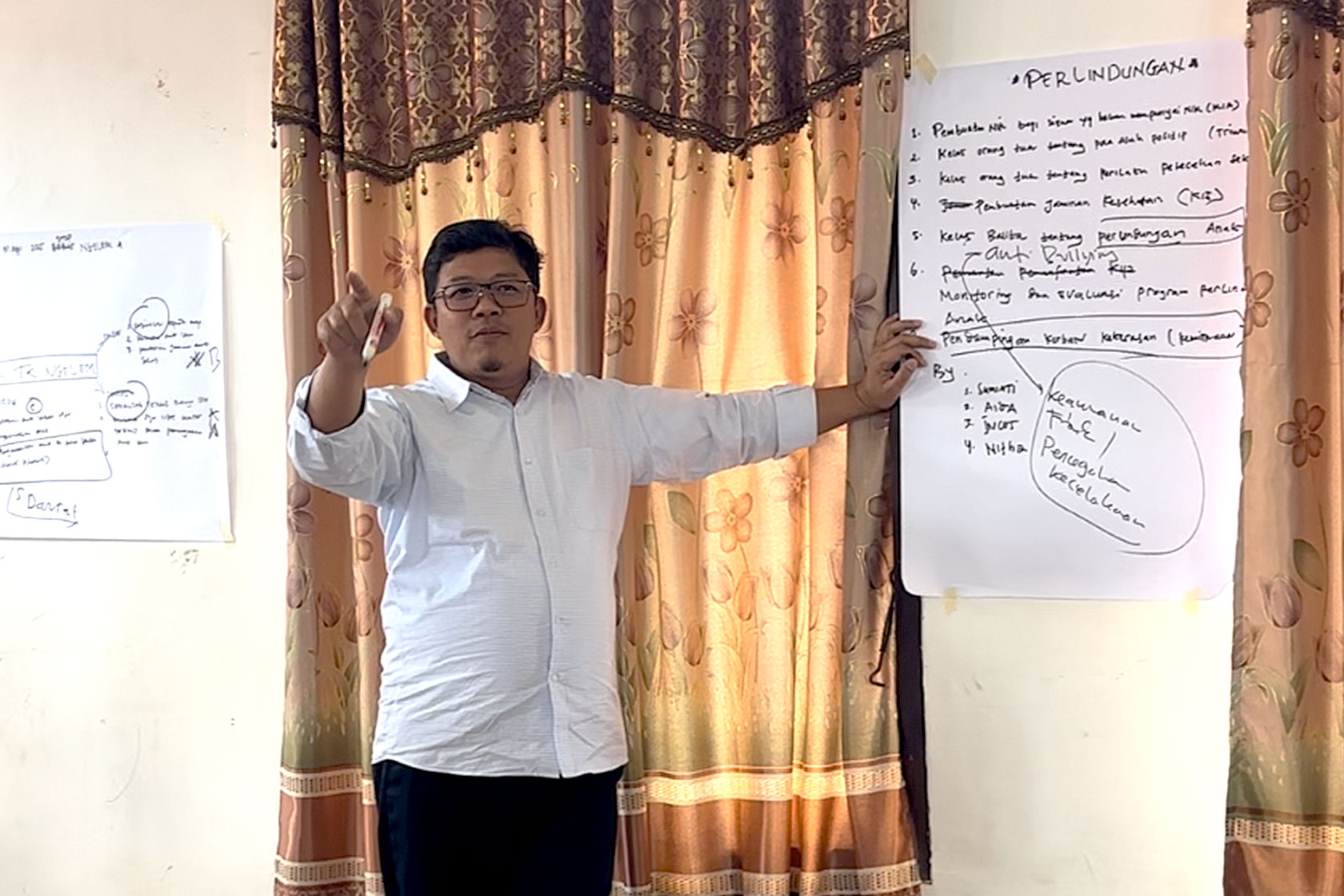
Taking a Leading Role in Teacher Education
In recent years, Ali has assumed more leadership roles. Since 2023, he has served as the Coordinator of the Early Childhood Education Masters Study Program at UNNES. In 2024, he began coordinating the Early Childhood Education Teacher Education Undergraduate Study Program. This dual leadership role underscores his significant contribution to shaping the next generation of early childhood educators in Indonesia.
Meanwhile, there is growing interest in early childhood education among university students in Indonesia. In 2003, only one university, Jakarta State University, offered the program. Today, it’s available in over 200 institutions, with UNNES admitting nearly 700 new students annually. While the demand for early childhood educators is currently strong, Ali foresees a future challenge: a decline in the number of children due to decreasing birth rates, requiring the sector to brace for potential shifts.
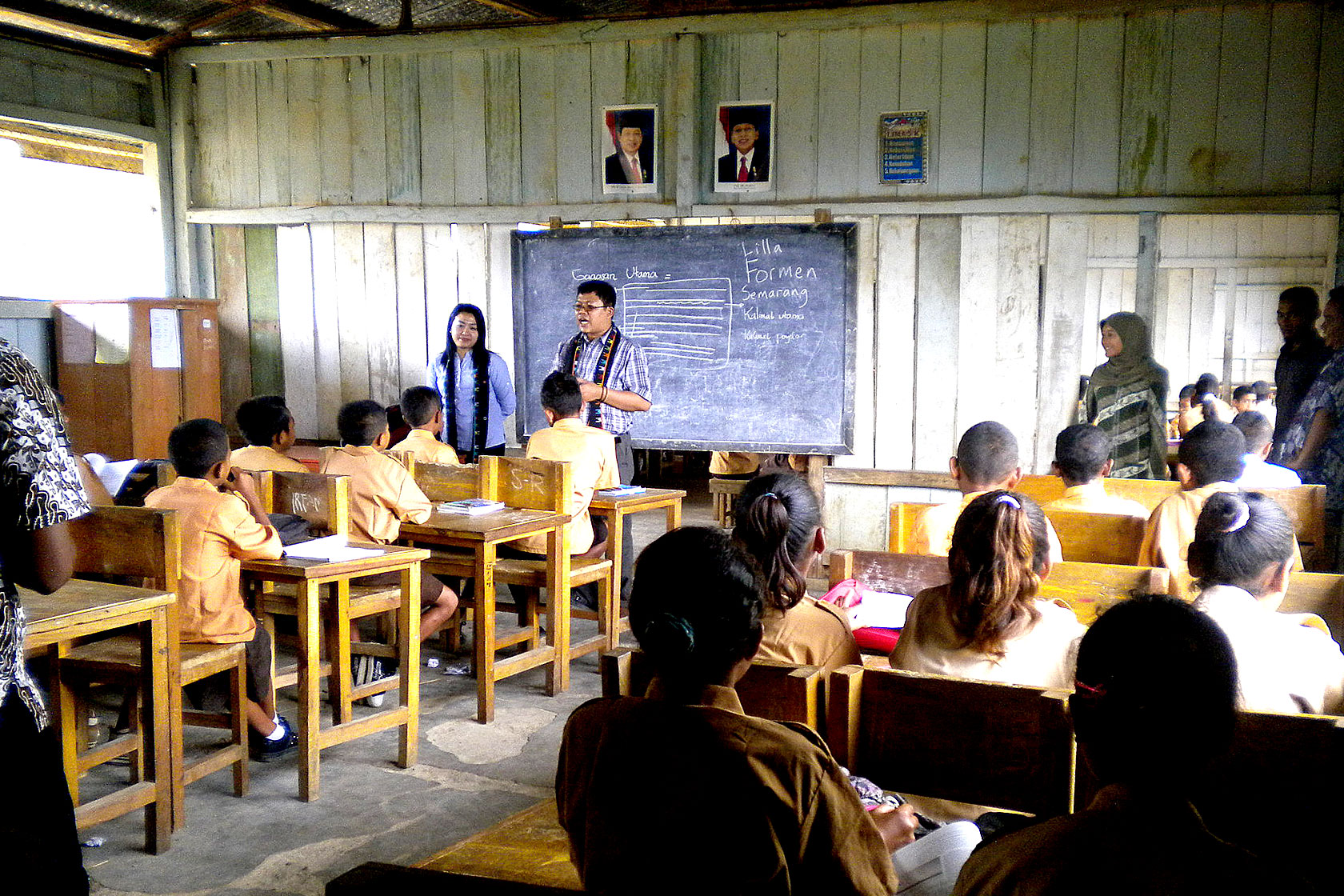
Advocating for Educators and Rural Areas
Another concern for Ali is the low pay for early childhood teachers despite their invaluable work. He strongly advocates for increased governmental and societal attention to the welfare of educators. Furthermore, he stresses the urgent need to improve access to quality education for children in rural areas. He argues that sending children to a low-quality school can be more detrimental than not sending them to school at all.
Ali’s work has been informed by opportunities to participate in collaborative research and international conferences. In 2018, the UNNES Early Childhood Education Study Program began collaborative research with partner universities from Slovakia, Hungary, and Bulgaria. The research is supported by Erasmus+, the European Union’s program to support education, training, youth and sport.
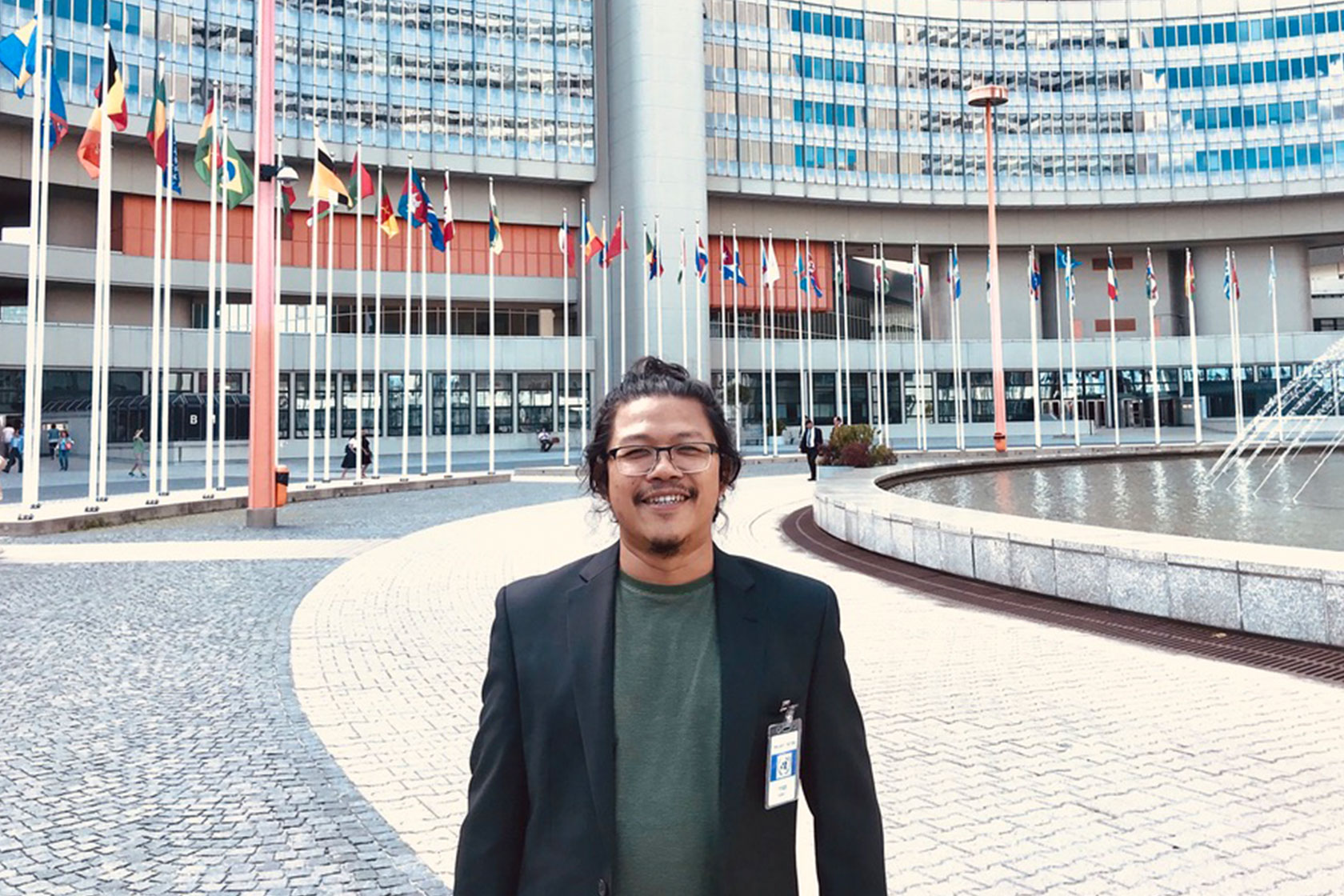
Last year, Ali also had the opportunity to speak at the World Forum Foundation 2024 Conference in Vancouver, Canada. He shared his experiences in the session titled, ‘Vulnerable to Valuable: Children Facing Climate Change’ alongside delegates from Thailand, Brazil and the United States.
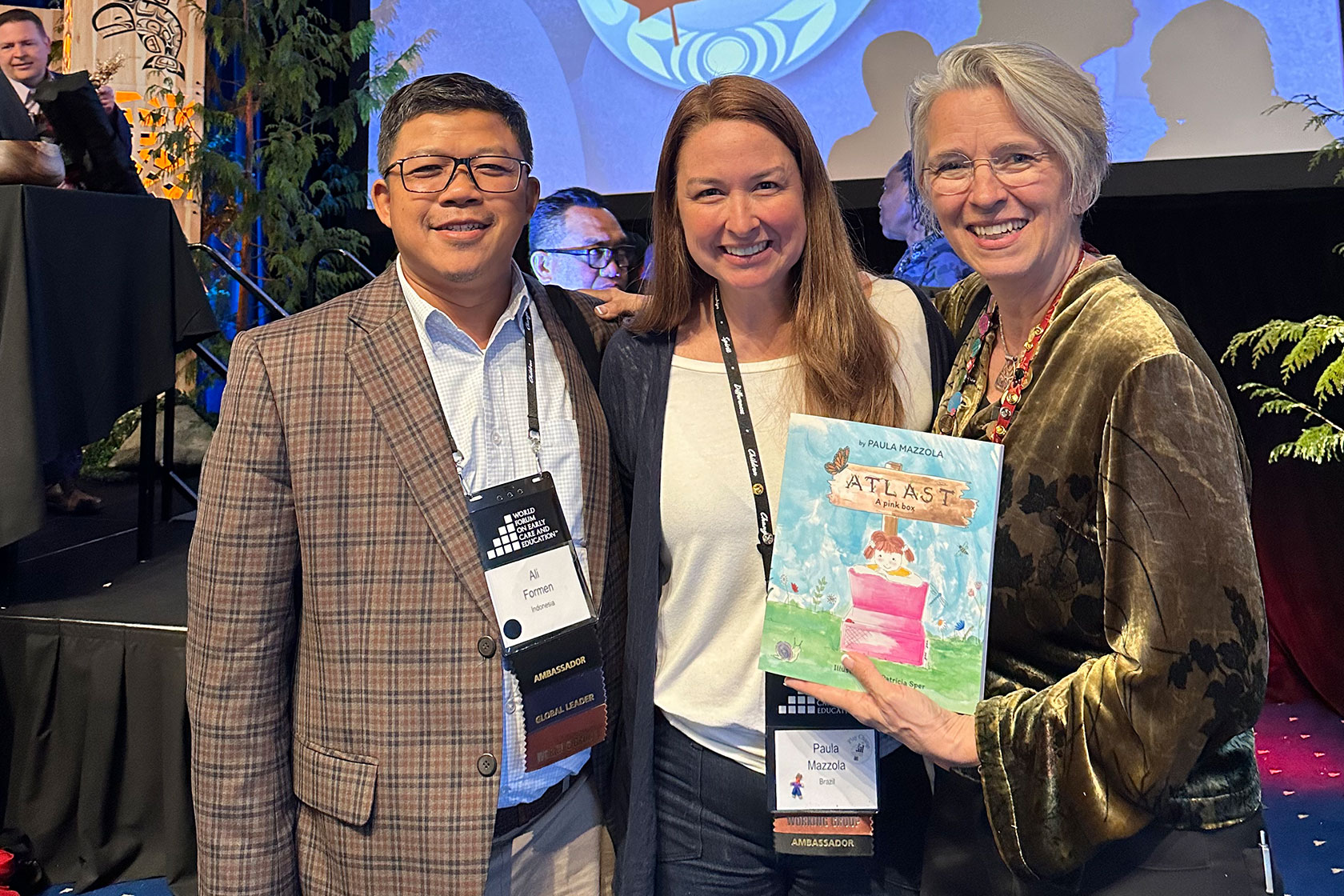
The Future of Early Childhood Education
Ali believes that Indonesia’s early childhood education programs, known as PAUD, must evolve to address contemporary issues. PAUD should prepare children for challenges such as climate change, social inequality and digital security in an age-appropriate way, he says.
Meanwhile, debate swirls around whether Indonesia’s early childhood educators should focus on the basics of reading, writing, and arithmetic, or adopt play-only approaches. Should PAUD be a playground or a ‘pre-school’ for scholastic learning?
'I believe the objective should always be to meet the needs of children’s mental and physical wellbeing,’ Ali said. ‘Indonesian children bear great responsibility. In the future, they will shoulder the responsibility uphold our legal, religious, faith and cultural values.’

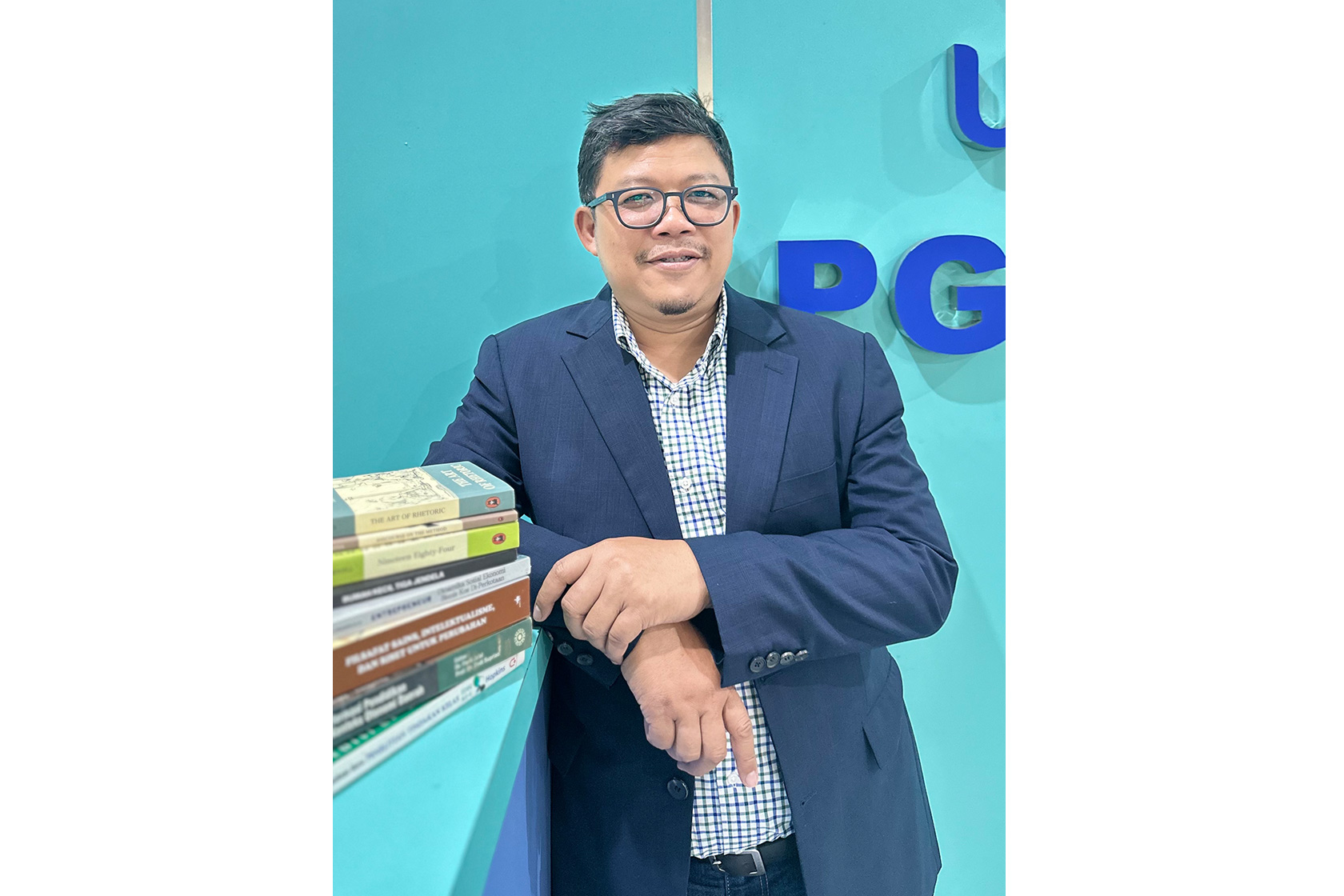
 Ali Formen: Memperjuangkan Pendidikan Anak Usia Dini di Indonesia
Ali Formen: Memperjuangkan Pendidikan Anak Usia Dini di Indonesia
